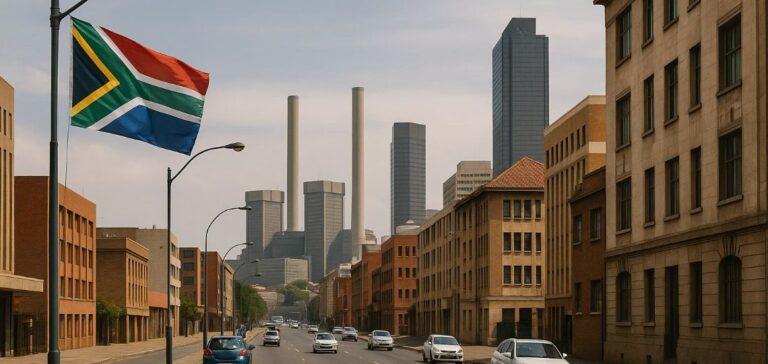South Africa reaffirmed its position on the importance of a balanced energy transition, emphasising that economic growth must not be sacrificed for environmental objectives. Gwede Mantashe, Minister of Mineral and Energy Resources, stated at the Africa CEO Forum in Abidjan on May 12 that both goals must be integrated in a coordinated manner.
“We must be allowed to integrate the two,” Mantashe said. “We cannot kill the economy to preserve ecology.” The minister also highlighted what he sees as an imbalance in global climate responsibilities. According to him, Africa contributes little to global greenhouse gas emissions yet faces disproportionate pressure to decarbonise.
Holding the G20 presidency until November, South Africa is using its position to promote financial solutions that support growth and inclusion while pursuing climate goals. Mantashe referred to the carbon tax imposed on South Africa, pointing out that countries such as the United States, China and Russia — despite being major emitters — are not subject to similar fiscal constraints. He described it as an “unfair burden on a neglected continent.”
Kgosientsho Ramokgopa, Minister in the Presidency, added in a separate session that Africa’s energy transition must first meet basic needs. Currently, around 600 million Africans still lack reliable electricity access, according to the International Energy Agency. He explained that for the energy transition to become a relevant issue for the continent, it is essential first to ensure energy access. “When the lights are on, when industries and manufacturing pick up, when we lift people out of hunger and into jobs, then the conversation becomes real for Africa, not just an elite debate,” he said.
The two-day Africa CEO Forum brought together finance ministers, business leaders and investors to discuss investment strategies and development priorities across the continent.






















